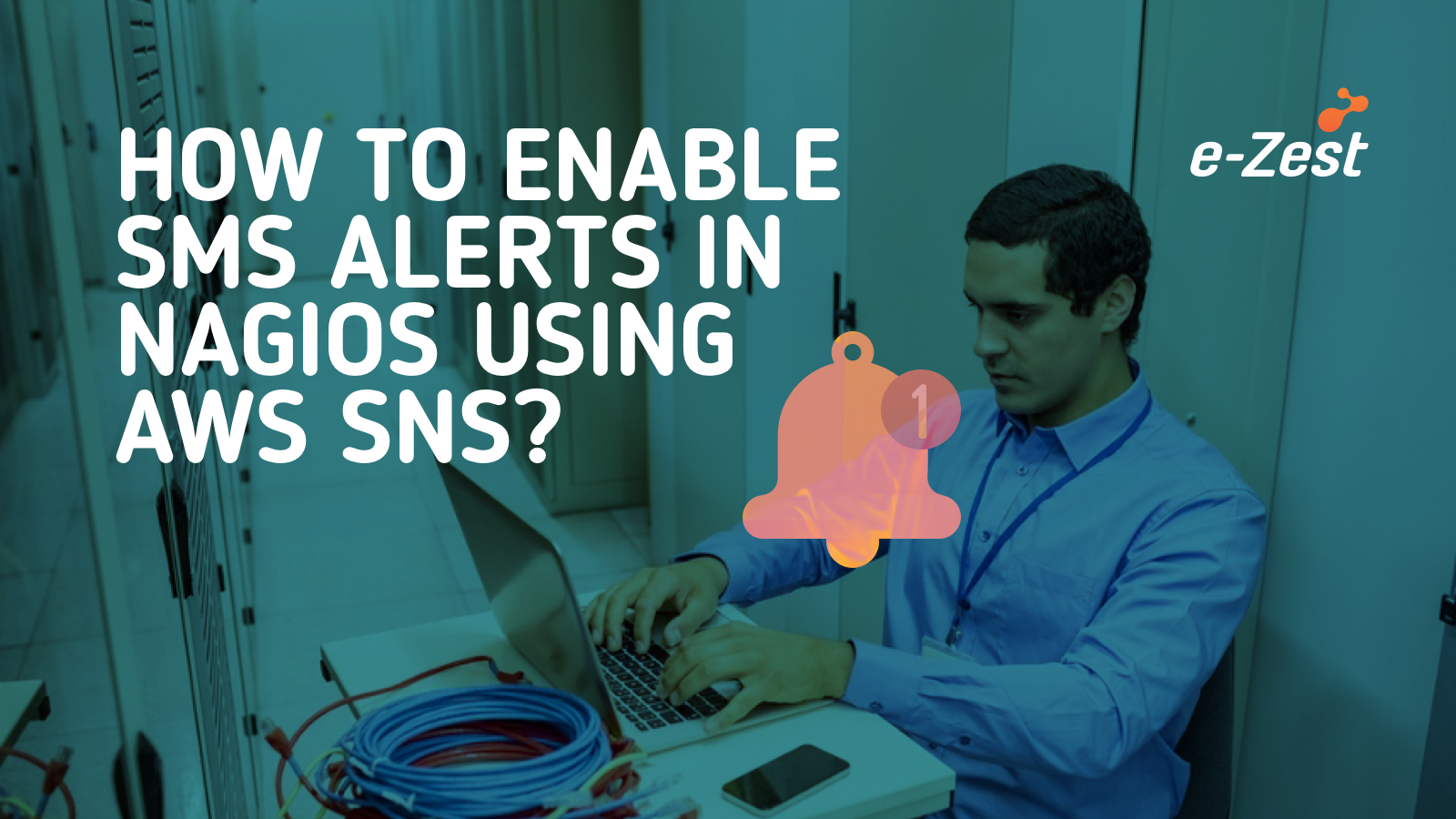The move to the cloud was a trend that was already making headways before the pandemic-led digital shift. But post-2020, the industry has witnessed an exponential growth in cloud adoption as well as the overall pace of innovation in the digital space. Companies have already shifted or are in the process of migrating all their applications, solutions and data to be accessible via the cloud, and now this is leading the next wave of technology - cloud-native platforms.
Cloud-native technologies are here to stay and are being adopted across every vertical and sector. Cloud-native technologies allow companies and service providers to develop new applications that are cloud-ready and built using cloud-native architecture, making them more resilient, scalable and agile. In addition, with cloud infrastructure now being mainstream, cloud-native platforms enable companies to get the flexibility and access to resources faster and from any location or device, allowing both their customers and their workforce to thrive in today's remote and digital environment.
Gartner predicts that by 2025, cloud-native platforms will serve as the foundation for as many as 95% digital initiatives, up from 40% in 2021. But within this space, there are several areas that are witnessing high growth and focus today. As we look towards a future that is fully in the cloud and full of possibilities, here are the key cloud-native trends that I feel will play a major role in securing and reimagining our future:
Distributed Cloud Architecture
With the rise in digital adoption, the total number of projects and services using digitally-enabled technologies has increased. Add to that a large number of the workforce working in an online/remote, hybrid or in-person environment. These complexities have created a need for organizations to shift from traditional infrastructure to one that is cloud-enabled and flexible for this varied requirement. Distributed cloud framework allows businesses to use the infrastructure of multiple cloud providers simultaneously and combines the benefits of public cloud with the organization's focus on maintaining governance for its infrastructure. This new-age technology approach also enables the organization to decide the location of individual services, applications and data archives, ensuring optimized performance and compliance with modern regulatory protocols.
Serverless Computing
Another critical implementation of cloud-native platforms is the possibility of serverless computing, a next-gen technology that ensures agility, cost-effectiveness, and scalability. Serverless computing is essentially a new way of developing or running applications and services with little to no dependence on the infrastructure itself. This enables developers to focus on the key component, i.e. on building customer-focused applications and optimize application design, without having to worry about provisioning or maintaining systems when deploying the code. Serverless computing allows companies to place IT and development in close quarters, with operational requirements at a bare minimum. They can focus on shared responsibility for developing and maintaining a software product. It also helps mitigate risks and implement robust security protocols, with added integrity of code and access controls.
Low-code / No-code Solutions
Whether it is cloud or any other trend, performing multiple business operations with minimum dependency on the technology team is key to growth and sustainability. Cloud-native applications extensively use Kubernetes, an orchestrator in the cloud-native world. Using this, organizations can create flexible solutions that extensively use low-code or no-code tools, allowing non-technical resources to perform their roles without specific programming skills. Analysts, data scientists, and any other resources using cloud-native apps will be able to manage the most complex of processes backed by Kubernetes, which supports different deployment models using its container-based business application environments.
In 2022, organizations will continue to evolve and focus on accelerating their digital-led projects. Cloud-native and deep tech applications will help companies get valuable ROI and the flexibility they are looking for while also creating the groundwork for a future-ready cloud platform. With decades of expertise and strategic partnerships with some of the leading cloud providers like Microsoft, AWS and Snowflake, e-Zest enables its customers to embrace the next wave of technology by providing secure, future-ready and scalable cloud infrastructure. Our team of experts don't just help migrate or adopt cloud infrastructure but also help deploy and rearchitecture existing technologies to be cloud-native and future-proof.

%20V5-05.jpg)






